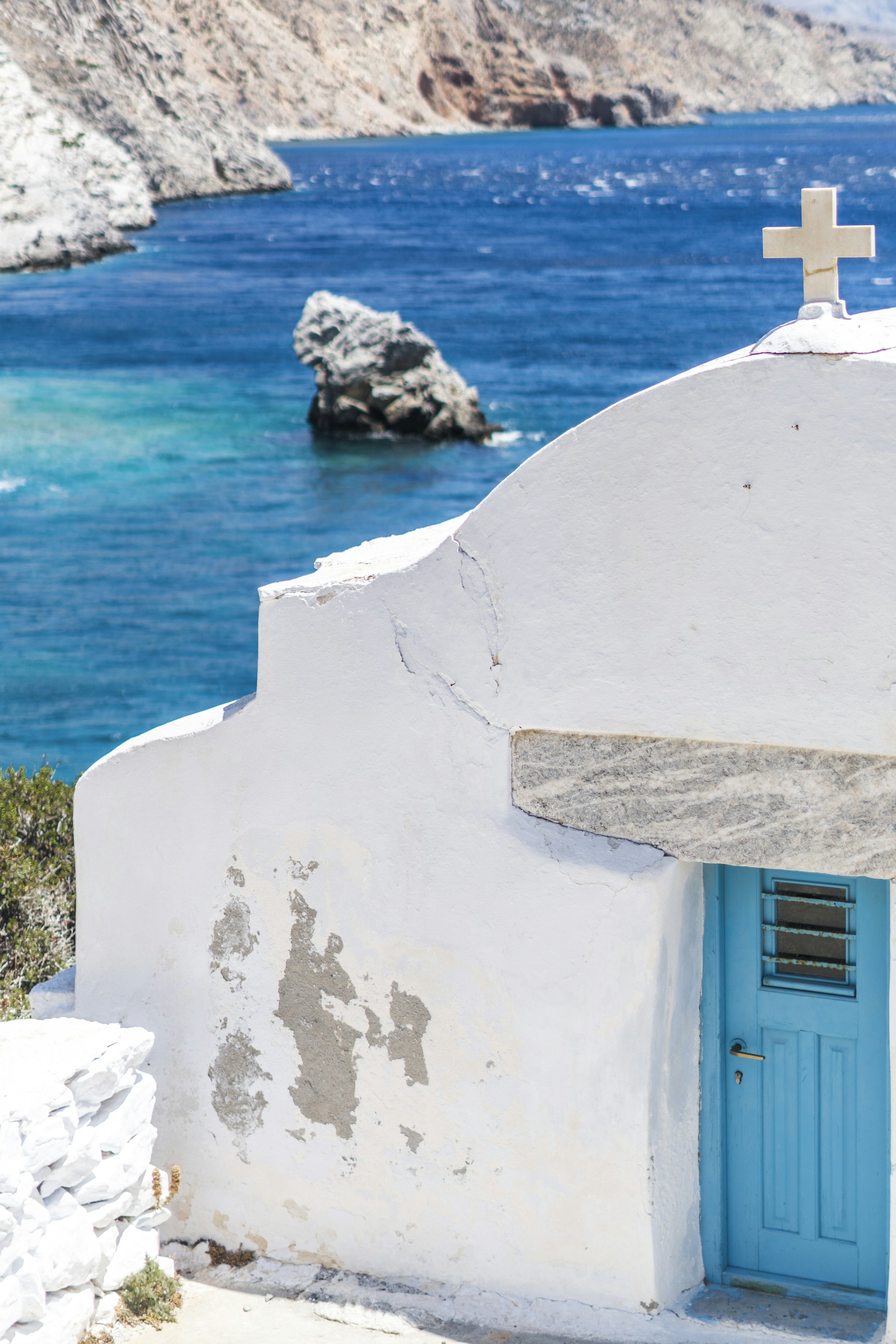Discover Amorgos: Local History, Customs, and Festivals Guide
Explore Amorgos: Delve into history, customs, and vibrant festivals of this enchanting Greek island. Discover its unique charm.

Discover Amorgos: Local History, Customs, and Festivals Guide
Amorgos, part of the Cyclades archipelago in Greece, is a stunning island known for its unspoiled beauty, rich history, cultural heritage, and lively festivals. This guide offers a deep dive into the island's history, customs, and festivities to enhance your visit and provide an authentic Amorgian experience.
Historical Overview
Amorgos has a storied past dating back to ancient times. Its strategic location made it a significant player on ancient maritime routes.
Early History and Settlements
During the Early Cycladic period (3rd millennium BC), Amorgos was home to prosperous settlements. The most significant archaeological sites include:
- Arkesini: The remains of this ancient city are situated near the modern village of Kato Meria. Excavations have revealed houses, streets, and public buildings.
- Minoa: Located above Katapola, it was another major ancient town, believed to be connected with Minoan civilization.
- Aegiali: This area is renowned for its beautiful beach and traditional villages, but also for numerous artifacts from different historical periods.
Byzantine and Medieval Era
During the Byzantine period, Amorgos played a critical role as a religious center. The construction of the Monastery of Hozoviotissa in the 11th century is a testament to its spiritual significance. In Medieval times, the island was fortified to protect against pirate invasions. The Venetian and Ottoman influences also left their marks, visible in the architecture and place names.
Cultural Practices and Customs
Traditional Clothing
Traditional clothing was once a significant aspect of daily life on Amorgos. Women wore elaborate costumes with brightly colored dresses and intricate embroidery, while men donned woolen pants and vests.
Local Cuisine
Amorgos' cuisine reflects its agricultural heritage and proximity to the sea. Must-try dishes include:
- Patatato: A hearty meat stew with lamb or goat, potatoes, and tomatoes, seasoned with local herbs.
- Kalimari: Delicious fried or grilled squid served with a splash of lemon juice.
- Psimeni Raki: A traditional liqueur flavored with honey and various Mediterranean spices.
Handicrafts and Art
The island is famous for its pottery and textile crafts. Villages like Langada and Tholaria are renowned for their handmade ceramics and woven textiles.
Festivals and Events
Amorgos hosts numerous traditional festivals, known as paniyiria, which celebrate religious feasts, local saints, and agricultural events.
Easter Celebrations
Easter is one of the most important religious events on Amorgos. The week-long celebrations include:
- Holy Wednesday: Traditional blessings of the oils in village churches.
- Good Friday: Processions of the Epitaph through the streets.
- Holy Saturday: Midnight masses followed by feasts laden with lamb, eggs, and sweets.
Panagia Hozoviotissa Festival
On November 21, the festival in honor of the Monastery's patroness, Panagia Hozoviotissa, takes place. Pilgrims from all over Greece arrive to partake in the religious ceremonies and feast on traditional foods.
Feast of Agios Theologos
In late May, the celebration of Saint John the Theologian in Tholaria features folk music, dancing, and local culinary delights. It offers a glimpse into the island's vibrant cultural life.
Interesting Facts
- Amorgos was featured in the 1988 film The Big Blue, directed by Luc Besson, which portrayed its crystal-clear waters and dramatic landscapes.
- The island has more than a dozen traditional windmills, some of which have been restored and offer breathtaking views of the Aegean Sea.
- Amorgos has numerous hiking paths that connect ancient sites, giving visitors a chance to explore its rugged terrain and historical landmarks on foot.
Local Anecdotes
According to local lore, the pirate Barbarossa once tried to invade Amorgos but was defeated by the fierce resistance of the island's inhabitants. The tale exemplifies the resilient and independent spirit of the Amorgians.
